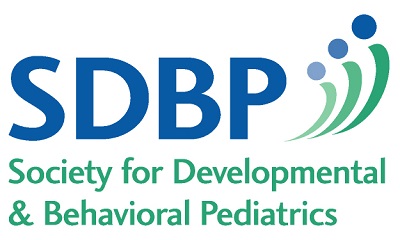Long-Term School Outcomes for Children with... : Journal of Developmental & Behavioral Pediatrics (original) (raw)
Original Article
Long-Term School Outcomes for Children with Attention-Deficit/Hyperactivity Disorder: A Population-Based Perspective
Barbaresi, William J. MD*; Katusic, Slavica K. MD†; Colligan, Robert C. PhD‡; Weaver, Amy L. MS§; Jacobsen, Steven J. MD, PhD¶
From the *Department of Pediatric and Adolescent Medicine, Division of Developmental and Behavioral Pediatrics; †Department of Health Sciences Research, Division of Clinical Epidemiology; ‡Department of Psychiatry and Psychology; §Department of Health Sciences Research, Division of Biostatistics, Mayo Clinic College of Medicine, Rochester, MN; ¶Department of Research and Evaluation, Southern California Permanente Medical Group, Pasadena, CA.
Received September 2006; accepted May 2007.
The project was supported by research grants from the Public Health Service, National Institutes of Health (HD29745 and AR30582) and by an investigator-initiated research grant from McNeil Consumer and Specialty Pharmaceuticals.
Address for reprints: William J. Barbaresi, MD, Mayo Clinic College of Medicine, 200 First Street S.W., Rochester, MN 55905; e-mail: [email protected].
Abstract
Objective:
The purpose of this study was to compare long-term school outcomes (academic achievement in reading, absenteeism, grade retention, and school dropout) for children with attention-deficit/hyperactivity disorder (AD/HD) versus those without AD/HD.
Methods:
Subjects included 370 children with research-identified AD/HD from a 1976–1982 population-based birth cohort (N = 5718) and 740 non-AD/HD control subjects from the same birth cohort, matched by gender and age. All subjects were retrospectively followed from birth until a median age of 18.4 years (AD/HD cases) or 18.3 years (non-AD/HD controls). The complete school record for each subject was reviewed to obtain information on reading achievement (last available California Achievement Test reading score), absenteeism (number/percentage of school days absent at each grade level), grade retention (having to repeat an entire grade in the subsequent school year), and school dropout (failure to graduate from high school).
Results:
Median reading achievement scores at age 12.8 years (expressed as a national percentile) were significantly different for AD/HD cases and non-AD/HD controls (45 vs 73). Results were similar for both boys and girls with AD/HD. Median percentage of days absent was statistically significantly higher for children with AD/HD versus those without AD/HD, although the difference was relatively small in absolute number of days absent. Subjects with AD/HD were three times more likely to be retained a grade. Similarly, subjects with AD/HD were 2.7 times more likely to drop out before high school graduation (22.9%) than non-AD/HD controls (10.0%).
Conclusions:
The results of this population-based study clearly demonstrate the association between AD/HD and poor long-term school outcomes.
© 2007 Lippincott Williams & Wilkins, Inc.
